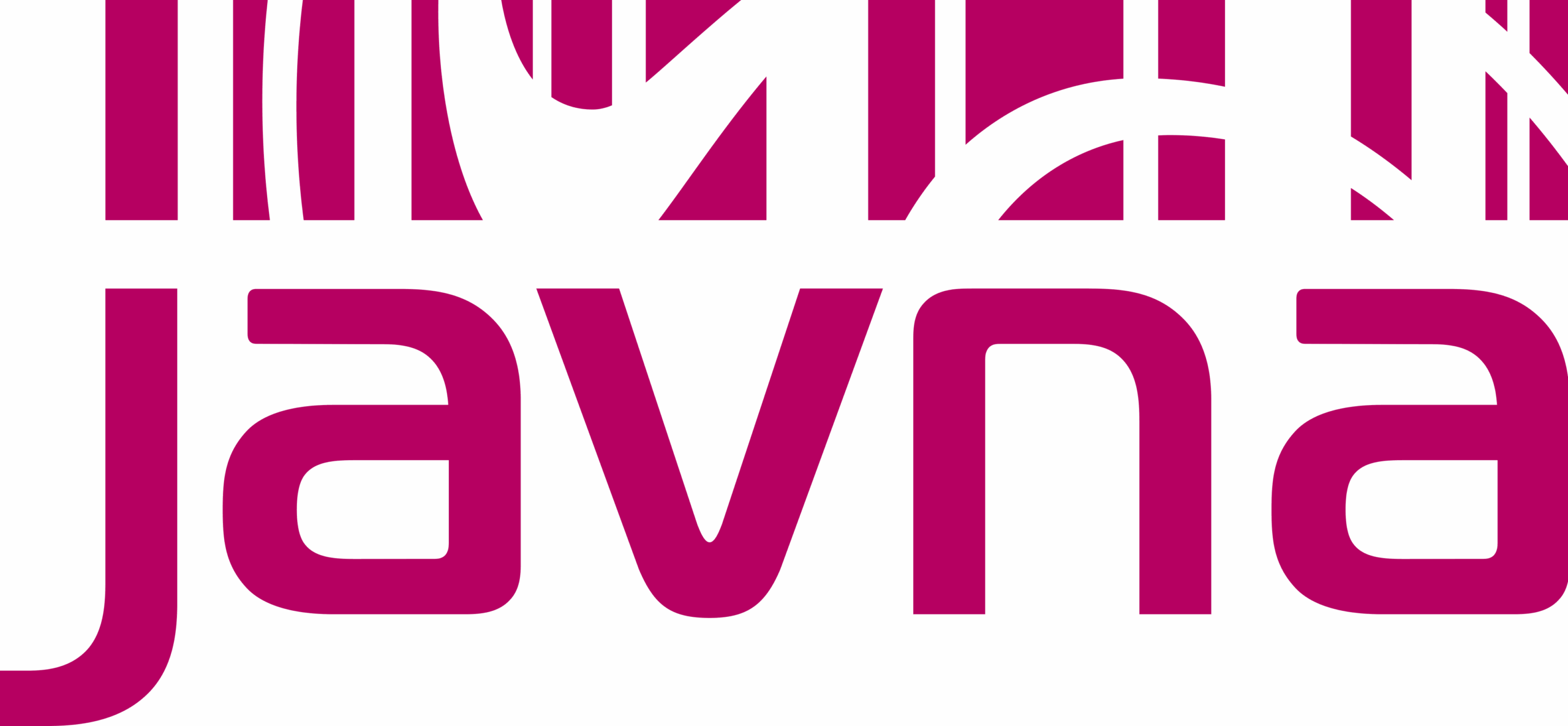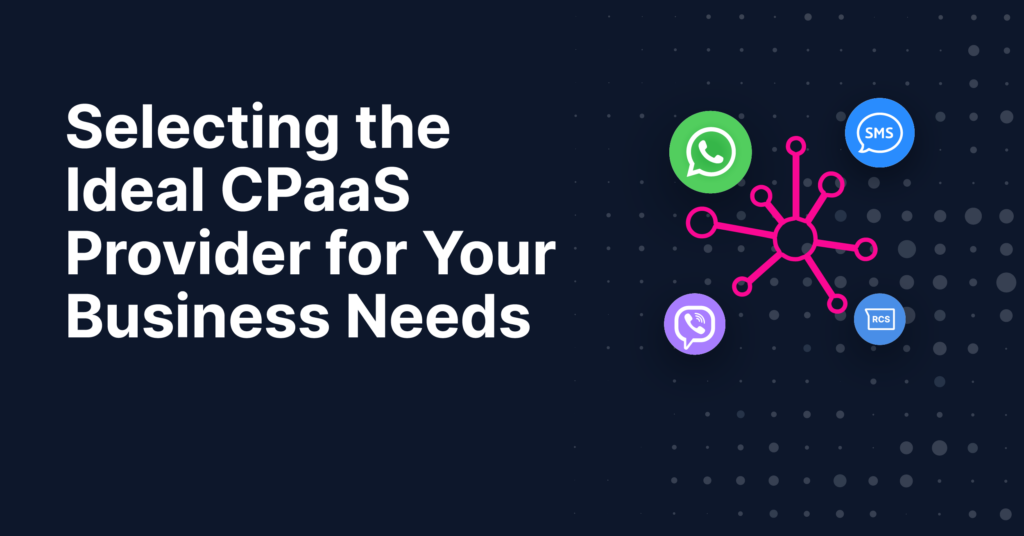In today’s digital-first business landscape, CPaaS providers play a pivotal role in enabling seamless communication and enhancing customer engagement strategies. This article delves into the nuances of selecting the ideal CPaaS provider for your business needs, focusing on the essential aspects of integration capabilities, scalability, reliability, and security.
You will gain insights into navigating the complex ecosystem of CPaaS solutions, ensuring you choose a partner that aligns with your communication objectives and supports your growth trajectory.
1. Understanding CPaaS
Communications Platform as a Service (CPaaS) is a cloud-based delivery model that allows businesses to add real-time communication features, such as voice, video, and messaging, to their own applications without needing to build back-end infrastructure and interfaces.
Key components of CPaaS include APIs (Application Programming Interfaces), SDKs (Software Development Kits), and pre-built applets that facilitate seamless integration of communication services.
This technology enables businesses to enhance customer engagement, streamline operations, and adapt to evolving communication needs with flexibility and efficiency.
2. CPaaS Impact on Business Communications
CPaaS plays a pivotal role in modern business communications by providing a flexible and scalable platform that enables companies to integrate advanced communication capabilities directly into their business processes and customer interaction strategies.
This adaptability allows businesses to meet the growing expectations for instant and on-demand communication, ensuring that they can offer personalized customer experiences, improve operational efficiency, and stay competitive in a rapidly evolving digital landscape.
Through CPaaS, businesses can leverage real-time communication solutions that are critical for fostering engagement, enhancing customer satisfaction, and driving growth.
3. CPaaS Usage Insights in Businesses
CPaaS (Communication Platform as a Service) solutions are experiencing rapid adoption across various industries due to their ability to enhance customer engagement and streamline communication processes. Here are some insightful statistics showcasing how businesses are utilizing CPaaS solutions:
-
-
Market Growth:
-
The global CPaaS market is expected to reach a staggering $24.3 billion by 2027, with a CAGR of 22.8% during the forecast period 2022-2027. (Source: grandviewresearch)
-
-
Popular Use Cases:
-
A 2023 study by Gartner revealed that 70% of enterprises have adopted or plan to adopt CPaaS solutions. Among the top use cases reported are:
- 60% utilize CPaaS for SMS marketing and notifications.
- 55% leverage CPaaS for two-factor authentication (2FA) to enhance security.
- 48% employ CPaaS for customer service applications like chatbots and interactive voice responses (IVRs).
-
-
Benefits of CPaaS Adoption:
-
A 2022 study by IDC found that 80% of businesses using CPaaS reported increased customer satisfaction.
A 2023 PWC report highlights that 73% of businesses leveraging CPaaS experienced improved operational efficiency.
These statistics showcase the growing importance of CPaaS solutions in various business operations. As technology evolves and customer expectations rise, CPaaS adoption is expected to continue its upward trajectory, offering businesses a versatile and scalable platform to enhance communication and engagement strategies.
4. Evaluating Your Business Needs
1. Identifying Your Communication Requirements
Before selecting a CPaaS provider, businesses must first understand their specific communication needs. This involves evaluating the types of interactions that are most valuable to your operations, whether they be customer support inquiries, transactional notifications, or internal communications.
The goal is to pinpoint the communication channels (SMS, voice, video, etc.) that will most effectively reach your target audience and fulfill your business objectives.
2. Assessing Current and Future Communication Strategy
Equally important is assessing your current communication infrastructure and how it aligns with your future strategy. This involves considering scalability, as your chosen CPaaS solution should be able to grow alongside your business.
Anticipating future communication needs is crucial for ensuring that the CPaaS provider you select can support new technologies and channels as they emerge, thereby future-proofing your communication strategy.
5. Key Factors in Selecting a CPaaS Provider
When choosing a CPaaS provider, several key factors should guide your decision:
-
- Integration Capabilities: The provider’s platform should seamlessly integrate with your existing business systems and workflows.
- Scalability: Ensure the solution can scale in line with your business growth, handling increased volumes of communications without compromising performance.
- Reliability and Uptime: A provider should offer high reliability, with robust uptime guarantees to ensure consistent communication.
- Global Reach and Compliance: The ability to support global communication needs while adhering to local regulations is crucial for businesses operating internationally.
- Customer Support: Look for providers that offer comprehensive support, ensuring you have access to assistance whenever needed.
In this context, Javna distinguishes itself by seamlessly blending these critical factors. It stands out in the CPaaS space by offering global reach and comprehensive customer support, making it an ideal choice for businesses seeking to enhance their communication strategies.
6. Implementing CPaaS Solutions
This section outlines the critical steps involved in successfully deploying CPaaS technology within an organization:
1. Define Objectives:
Clearly outline what you aim to achieve with CPaaS, whether it’s improving customer service, enabling multi-channel communications, or automating notifications.
2. Choose the Right Provider:
Select a CPaaS provider that aligns with your business needs, offers robust integration capabilities, and provides reliable support. Consider factors such as scalability, security, and cost. You can count on Javna to deliver on all these factors, ensuring a seamless and effective implementation.
3. Integration Planning:
Work closely with your CPaaS provider to plan the integration process. This includes understanding the technical requirements, setting up necessary APIs, and ensuring compatibility with existing systems.
4. Pilot Testing:
Before full implementation, conduct pilot testing to identify any potential issues and ensure the solution meets your business requirements.
5. Training and Support:
Ensure your team is well-trained to use the CPaaS platform. Leverage the provider’s customer support and resources for a smooth transition.
6. Monitor and Optimize:
Continuously monitor the performance of your CPaaS solution. Gather feedback from users and make adjustments as needed to optimize efficiency and effectiveness.
By following these steps, businesses can successfully implement CPaaS solutions, leading to improved communication workflows and enhanced customer engagement.
7. Future of CPaaS
The future of CPaaS (Communications Platform as a Service) is poised for significant evolution, driven by technological advancements and shifting business needs. Here’s a brief overview of the trends and developments that are expected to shape the CPaaS landscape:
- AI and Machine Learning Integration: Expect more AI-driven services, improving customer interactions and automation.
- Omnichannel Communication: A shift towards unified customer experiences across all platforms.
- IoT Communication Growth: More CPaaS and IoT device integrations for real-time alerts and data collection.
These developments indicate a move towards smarter, safer, and more seamless communication solutions in the CPaaS industry.
8. Conclusion
Selecting the ideal CPaaS provider is pivotal for businesses aiming to enhance their communication capabilities. It requires a thorough understanding of your communication needs, evaluating potential providers based on integration, scalability, and reliability, and considering future industry trends.
As CPaaS continues to evolve, integrating AI, enhancing security, and expanding globally, businesses must choose a partner that not only meets current requirements but also anticipates future needs.
Javna stands out as a reliable CPaaS provider, offering comprehensive solutions that promise to grow your business, ensuring your communication strategies remain cutting-edge.
By carefully assessing your options and aligning with a forward-thinking CPaaS provider, your business can leverage the full potential of modern communication technologies to drive growth and improve customer engagement.
9. FAQs about choosing a CPaaS provider
-
What is a CPaaS provider?
A CPaaS (Communications Platform as a Service) provider is a company that offers cloud-based platform services enabling businesses to integrate voice, video, and messaging capabilities into their existing applications without needing to build backend infrastructure and interfaces. These services facilitate enhanced customer engagement and streamlined internal communication processes.
-
How do I choose a CPaaS provider?
Selecting the right CPaaS provider requires careful consideration of:
-
- Ease of Integration: Ensure seamless compatibility with your current systems.
- Scalability: The provider must accommodate your business growth.
- Reliability: High uptime is crucial for continuous operations.
- Global Coverage: Essential for businesses with an international presence.
- Security Standards: Compliance with regulations protects data integrity.
- Customer Support: Access to prompt and effective assistance.
- Affordability: The service should offer good value within your budget.
Match these factors with your specific needs for an optimal choice.
-
Why choose CPaaS?
Choosing CPaaS offers businesses the flexibility to integrate advanced communication features into their services without significant investment in infrastructure. It supports scalable, cost-effective solutions for enhancing customer engagement, streamlining operations, and fostering innovation in communication strategies. CPaaS adapts to evolving business needs, ensuring that organizations remain at the forefront of communication technology.
-
How important is scalability in a CPaaS provider?
Scalability is crucial as it ensures that the CPaaS solution can grow with your business, accommodating increased volume without compromising performance or reliability.
-
What is the significance of global reach in selecting a CPaaS provider?
Global reach indicates the provider’s capability like Javna to support communication across multiple countries, crucial for businesses operating internationally or planning to expand, ensuring consistent service quality worldwide.
-
How do I assess the cost-effectiveness of a CPaaS provider?
Evaluate the pricing model, including setup fees, monthly charges, and costs per message or call. Compare it against the features offered, scalability, and the potential ROI for your business to determine cost-effectiveness.



